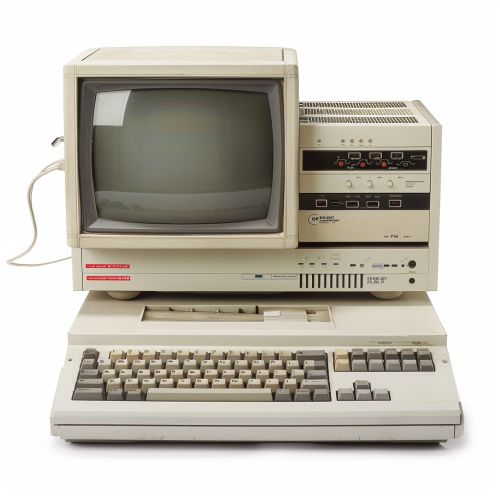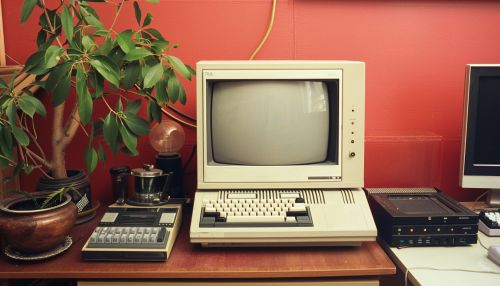Personal Computer
Introduction
A personal computer (PC) is a multi-purpose computer whose size, capabilities, and price make it feasible for individual use. Personal computers are intended to be operated directly by an end user, rather than by a computer expert or technician. Unlike large, costly minicomputers and mainframes, time-sharing by many people at the same time is not used with personal computers.
History


The personal computer was introduced in the 1970s. This class of computers became important to the general public with the introduction of the IBM PC in 1981. IBM introduced the term "personal computer" to the market, and it has since become generic.
Hardware
The hardware of a personal computer is often specialized for specific tasks. For example, a gaming PC might feature a high-end graphics card, a large amount of RAM, and a fast processor. On the other hand, a PC used for office work might prioritize a large hard drive, a comfortable keyboard, and a high-resolution monitor.
Software
The software on a personal computer is what allows the hardware to perform tasks. This includes the operating system, which manages the computer's resources, and applications, which perform specific tasks. Some of the most common types of software include word processors, web browsers, and media players.
Types of Personal Computers
There are several types of personal computers, including desktop computers, laptops, netbooks, tablets, and smartphones. Each type has its own advantages and disadvantages, and is suited to different types of tasks.
Impact on Society
Personal computers have had a profound impact on society. They have made it possible for individuals to perform tasks that were once only possible with large, expensive machines. They have also made it possible for people to communicate and share information in ways that were once unimaginable.
Future of Personal Computers
The future of personal computers is uncertain. Some believe that they will continue to evolve and become even more powerful and versatile. Others believe that they will be replaced by new technologies, such as virtual reality or artificial intelligence.
